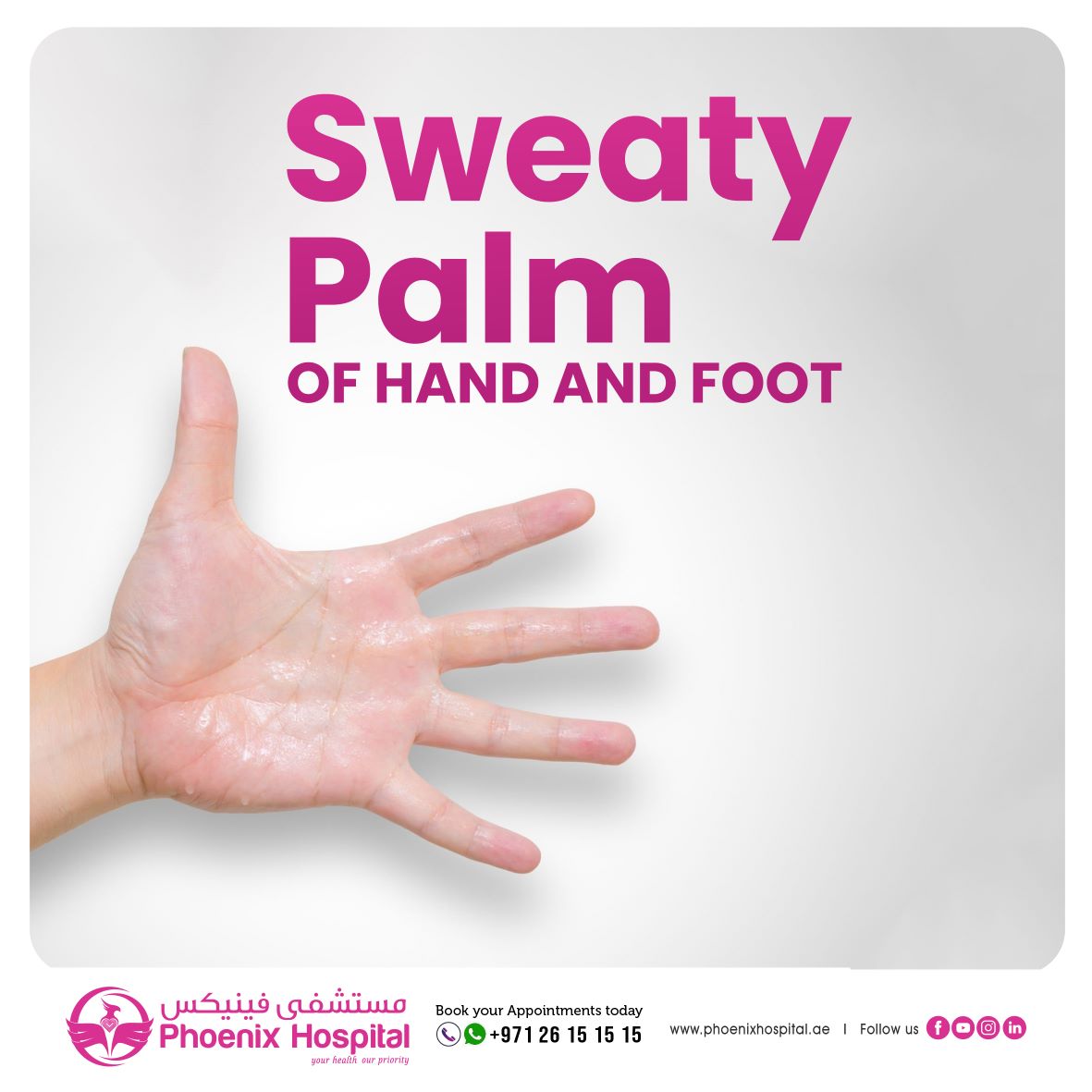Targeted Dermatology Treatments for Hyperhydrosis of Hands and Feet: Effective Solutions
Targeted Dermatology Treatments for Hyperhydrosis of Hands and Feet: Effective Solutions
Blog Article
Understanding the Source of Excessive Sweating and Its Effect On Every Day Life
Too much sweating, also called hyperhidrosis, is a problem that affects a considerable section of the population, yet its underlying reasons and effects on daily working continue to be somewhat enigmatic. While it is typically recognized as a physical response to control body temperature level, the triggers for too much sweating can vary widely among people, incorporating not just physical factors however likewise psychological and emotional aspects. The effect of this condition prolongs past mere discomfort, typically influencing social interactions and general high quality of life. By delving into the origin of hyperhidrosis and exploring its multifaceted effects, a deeper understanding of this prevalent concern can be obtained, clarifying the intricacies that people coming to grips with extreme sweating navigate each day.
Physiology of Sweat Glands
The law of sweat production, an essential physiological procedure, is mainly regulated by the task of sweat glands dispersed across the body. Sweat glands are classified into 2 primary types: eccrine and apocrine glands. Eccrine glands are one of the most various and are located in nearly all areas of the body. They play a crucial role in thermoregulation by producing a watery fluid onto the skin's surface area, which evaporates and aids cool the body down. In comparison, apocrine glands are concentrated in locations rich in hair roots, such as the armpits and groin, and their secretions are thicker and milklike in look.
When the body temperature level climbs, either due to physical task, heats, or emotional stress, the nerves causes the sweat glands to create sweat. This sweat is made up primarily of water and electrolytes like sodium and chloride. The procedure of sweat manufacturing is important for preserving the body's inner temperature within a narrow, ideal array, highlighting the crucial function gland play in human physiology.
Triggers for Excessive Sweating
In understanding the origin creates of extreme sweating, it is important to identify the triggers that can lead to this physical action. Physical exertion, high temperature levels, and spicy foods are additionally understood to trigger too much sweating in people prone to this problem.
Moreover, medications such as some antidepressants, opioids, and particular supplements can likewise act as triggers for hyperhidrosis. Recognizing these triggers is necessary in managing too much sweating successfully - Treatment for hyperhydrosis of hands. By identifying and addressing the certain triggers that prompt extreme sweating in an individual, medical care suppliers can develop individualized treatment strategies to alleviate this problem and improve the individual's lifestyle
Medical Conditions Associated
Connected with excessive sweating are different clinical conditions that can aggravate this physiological action. One usual condition is hyperhidrosis, a problem characterized by unusually raised sweating that exceeds the body's thermoregulatory requirements. This can show up in focal areas like the hands, soles, underarms, or face, influencing an individual's lifestyle as a result of social embarrassment and discomfort.
Furthermore, endocrine disorders such as hyperthyroidism, diabetes, and menopausal hot flashes can likewise cause extreme sweating. Hyperthyroidism see this page triggers an overflow of thyroid hormonal agents, increasing metabolic rate and causing sweating. Diabetes mellitus can generate sweating episodes, specifically throughout hypoglycemic episodes when see this blood sugar level degrees go down as well low. Menopausal hot flashes, attributed to hormonal fluctuations during menopause, can create extreme and unexpected sweating, typically gone along with by flushing and heart palpitations.
Additionally, infections like hiv, consumption, and endocarditis have actually been related to night sweats, a common signs and symptom understood to disrupt rest and impact general health. These medical problems highlight the varied variety of underlying factors that can add to extreme sweating, necessitating thorough analysis and administration by healthcare specialists.
Emotional and Emotional Aspects

Effect On Social Communications
Extreme sweating can have extensive impacts on a person's capacity to engage easily in social communications. The visible indications of sweat discolorations or damp spots on apparel can result in shame and self-consciousness, triggering people to withdraw from social scenarios. This withdrawal can influence partnerships, limitation social activities, and impede specialist and personal growth.

Moreover, the stress and anxiety and self-confidence concerns stemming from excessive sweating can impact interaction and social abilities. Individuals may have a hard time to concentrate on discussions, get involved in group activities, or express themselves confidently. This can result in sensations of seclusion and solitude, as social links come to be testing to keep.
Verdict

While it is generally recognized as a physical reaction to control body temperature, the triggers for excessive sweating can differ extensively among individuals, encompassing not just physical aspects however likewise emotional and emotional elements. By diving into the root creates of hyperhidrosis and discovering its diverse effects, a much deeper understanding of this pervasive issue can be obtained, dropping light on the complexities that people grappling with too much sweating navigate on a day-to-day basis.
Physical physical effort, high temperatures, and spicy foods are also recognized to set off excessive sweating in people prone to this problem. By determining and dealing with the specific triggers that motivate excessive sweating in a specific, health care service providers can develop individualized treatment strategies to reduce this problem and enhance the person's high quality of life.
Too much sweating can have profound results on an individual's capacity to engage pleasantly in social interactions.
Report this page